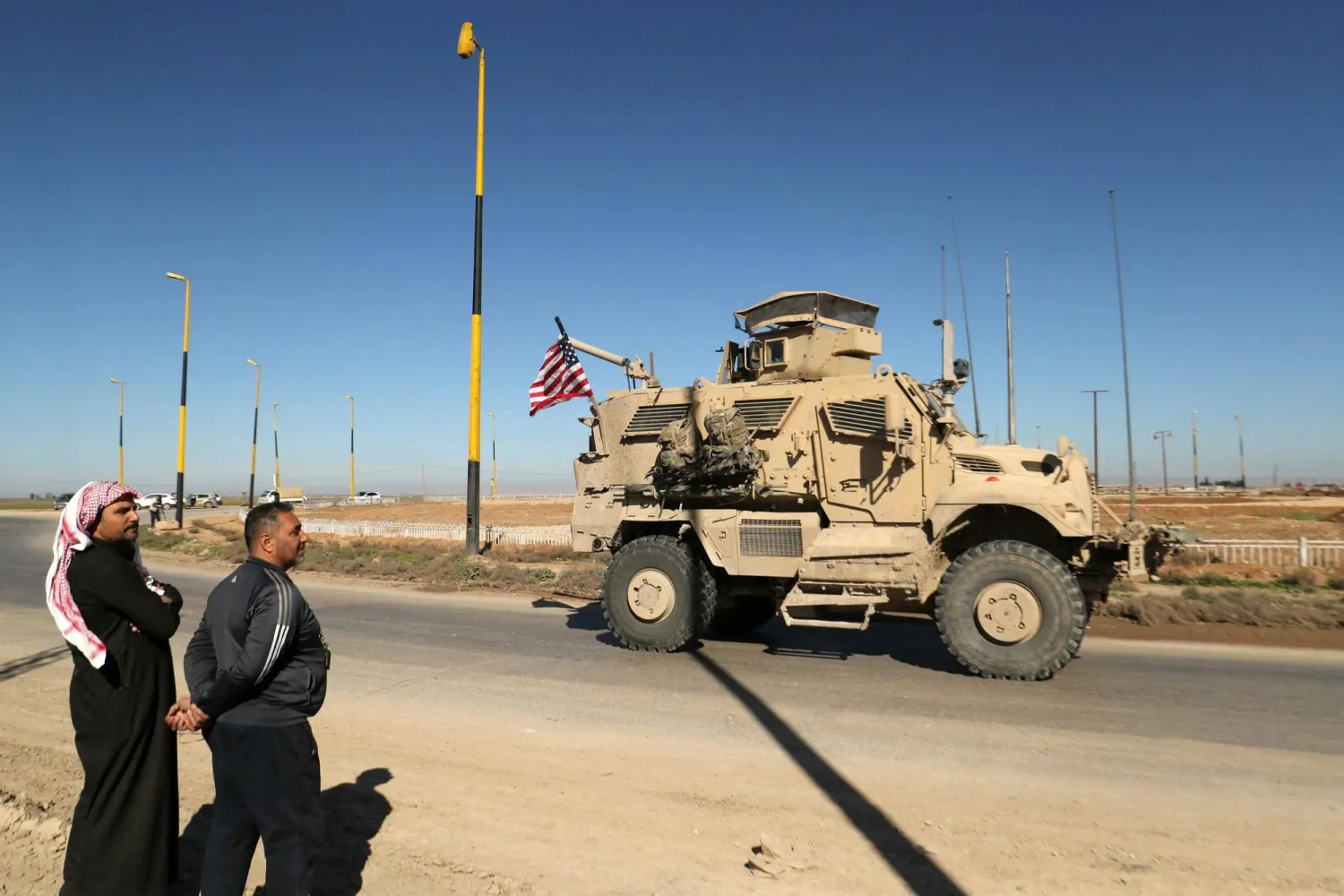Kurdish-led authorities in northeastern Syria on Thursday handed over 50 women and children — family members of ISIS militants — to a delegation from Tajikistan for repatriation back home.
The 17 women and 33 children, all citizens of Tajikistan, were handed over to a delegation headed by the Tajik ambassador to Kuwait, Zubaydullo Zubaydzoda, Syrian Kurdish officials said.
After the ISIS group declared its caliphate in large parts of Syria and Iraq in June 2014, thousands of foreigners, including hundreds from Tajikistan, came to Syria to join the group and live with their families.
After ISIS was defeated, most of the militants' family members were held in the sprawling al-Hol camp and the smaller Roj camp in northeastern Syria.
The Syrian Arab Red Crescent said the women and children were taken to the airport of Qamishli where they boarded a plane “to be reunited with their families” in Tajikistan on Thursday.
The repatriation came almost a month after an attack on a suburban Moscow concert hall that killed 144 people. The massacre was carried out by four suspected attackers who were arrested and identified as Tajik nationals. ISIS claimed responsibility and said four of its fighters had targeted the hall in Russia.
Over the past few years thousands of people, mostly Iraqis have been repatriated from al-Hol, which houses tens of thousands, mostly ISIS militants' wives and children but also supporters of the militant group.
The heavily-guarded al-Hol, overseen by Syrian Kurdish-led forces allied with the United States, was once home to 73,000 people, mostly Syrians and Iraqis. Over the past few years, the population dropped to about 43,000, according to Sheikhmous Ahmad, a Kurdish official overseeing camps for displaced people in northeastern Syria.
Tajikistan has said that at the height of ISIS, more than 1,000 fighters from the country joined extremist groups in Syria and Iraq, including ISIS. One of the most prominent was Gulmurod Khalimov, an officer with Tajikistan’s special forces who defected and joined ISIS in Syria in 2015.
Khalimov rose through ISIS ranks to become one of its top military commanders. In September 2017, the Russian military said he was killed in a Russian airstrike in Syria’s eastern province of Deir el-Zour, which borders Iraq.
Thursday’s repatriation of Tajik citizens is not the first. Last May, 104 Tajik citizens were returned home, including 31 women and 73 children. And the year before, 146 women and children were repatriated.
Syrian Kurdish Officials Hand over 50 Women and Children Linked to ISIS to Tajikistan

FILE - Kurdish forces patrol al-Hol camp, which houses families of members of the ISIS group in Hasakeh province, Syria, on April 19, 2023. (AP Photo/Baderkhan Ahmad, File)

Syrian Kurdish Officials Hand over 50 Women and Children Linked to ISIS to Tajikistan

FILE - Kurdish forces patrol al-Hol camp, which houses families of members of the ISIS group in Hasakeh province, Syria, on April 19, 2023. (AP Photo/Baderkhan Ahmad, File)
لم تشترك بعد
انشئ حساباً خاصاً بك لتحصل على أخبار مخصصة لك ولتتمتع بخاصية حفظ المقالات وتتلقى نشراتنا البريدية المتنوعة







